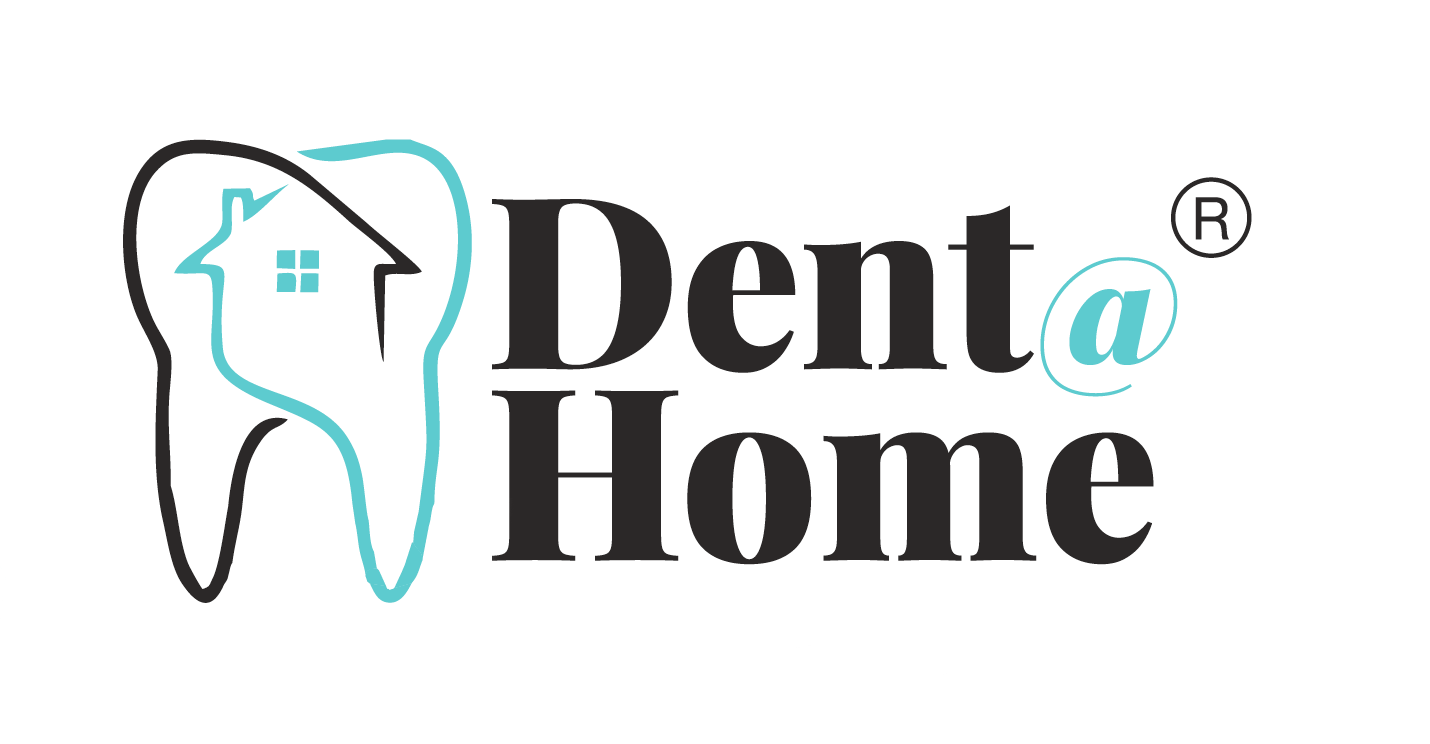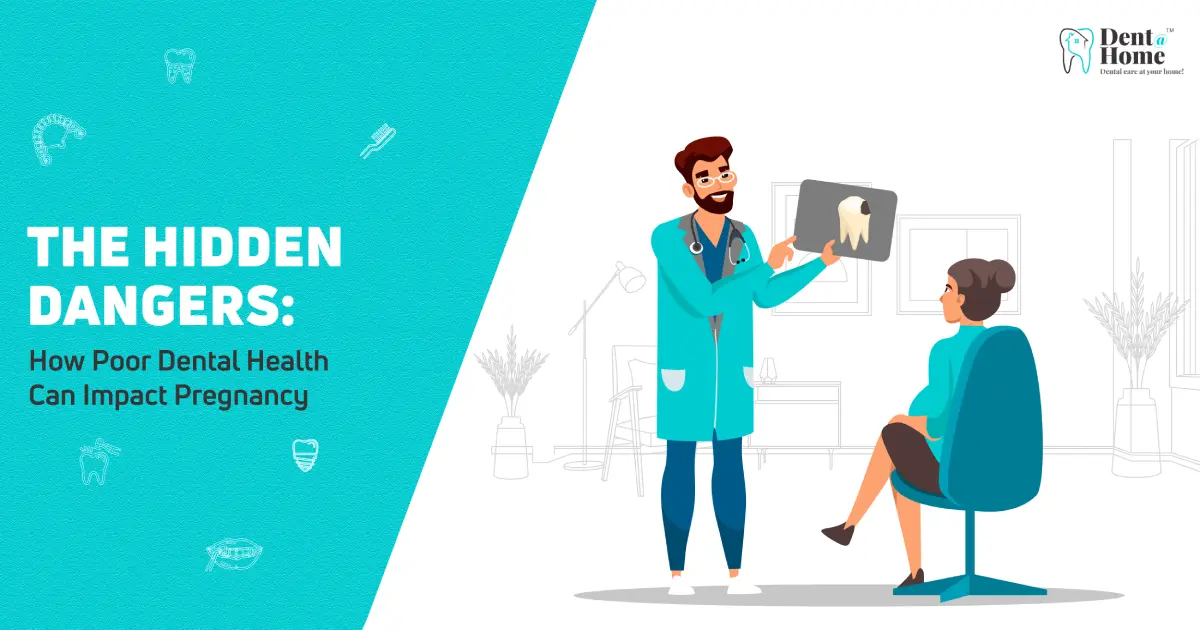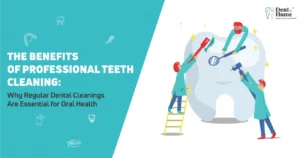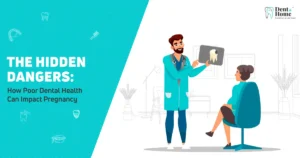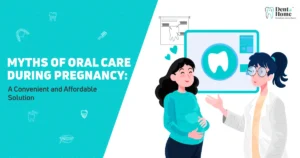Hey, amazing moms-to-be! As dental experts near you who give the utmost care for your well-being, we are just checking in to have a heart-to-heart about a topic that’s close to our hearts – your dental health in pregnancy. In our last blog, we busted a few myths about oral care during pregnancy, and now, let’s dive deeper into why keeping those pearly whites in top-notch shape is an absolute game-changer for you and your little one.
So, we already know pregnancy comes with its fair share of hormonal roller coasters, right?
Well, these hormonal changes can affect your oral health and make your mouth a bit more vulnerable to some unwanted guests – dental caries and gum diseases, such as:
- Dental Caries: Did you know pregnant women are twice as likely to battle dental caries? The hormonal changes during pregnancy, leading to increased acidity in the mouth, morning sickness, and cravings for sugary food, make the teeth more susceptible to decay.
- Gum disease: Pregnancy hormones( Yes! Hormones again) can increase the risk of gingivitis, a common and mild form of gum disease. The hormonal changes make gums more susceptible to irritation from plaque, resulting in red, swollen, and bleeding gums. If ignored, it can progress to more severe forms of gum disease, such as periodontitis, which has been linked to adverse pregnancy outcomes.
Yet, it’s not just that your pregnancy affects your dental health. Your poor oral health can affect your little one’s development. Complications are definitely on the list of things we want to avoid. Here are some adverse pregnancy outcomes caused due to poor dental health.
Adverse pregnancy outcomes due to periodontal diseases:
Studies have suggested a correlation between periodontal disease and adverse pregnancy outcomes, such as preterm birth, low birth weight, and preeclampsia.
- Inflammation: Poor dental health in pregnancy can contribute to systemic inflammation, potentially affecting the placenta and amniotic fluid.
- Nutrient and Oxygen Supply: Chronic inflammation from dental issues can compromise the placental blood flow, potentially reducing the supply of essential nutrients and oxygen to the developing fetus.
- Hormonal Imbalances: The inflammatory response triggered by poor dental health can interfere with fetal development and increase the risk of preterm birth.
- Maternal Stress Response: The physical stress induced by periodontal disease may trigger a stress response in the mother, potentially influencing the fetal environment and development.
- Potential Impact on Organ Systems: Inflammatory conditions have been associated with adverse effects on various organ systems, and chronic dental inflammation during pregnancy poses risks to the proper development of fetal organs.
- Immune System Modulation: Upon infiltration of periodontal pathogens into the maternal placenta, an activation of the maternal adaptive immune response occurs, prompting the production of bacterial-specific antibodies.
This immune response can potentially induce inflammation, posing risks to both the pregnant woman and her developing child, influencing overall maternal health and fetal development.
Risk of Preterm low birth weight (PTLBW) because of poor dental health:
Now, let’s get real about the alarming statistics. Studies suggest Periodontal disease accounts for about 18.2% of all PTLBW cases. Yup! You read that right! The inflammation that we have been talking about can impact the gestational process and fetal development.
The disruptions caused by dental issues can contribute to alterations in gestational age and birth weight, potentially leading to preterm birth and low birth weight. And that’s not all! Dental issues during pregnancy have been linked to an increased risk of preeclampsia, a serious condition characterized by high blood pressure and organ damage.
So, let’s cut to the chase – your oral health matters, mama! It’s not just about a winning smile; it is important to prevent dental problems during pregnancy, creating the best environment for your little one to grow.
Now, we get it – dental visits during pregnancy can be a hassle. But guess what? Introducing Dent@Home – dental surgeon at your doorstep. Yep, you heard it right – no need to leave the comfort of your home for prenatal dental care.
To learn more about the benefits of innovative home dental care, read our blog: Dentures at Home.
We’re on a mission to make oral care stress-free and convenient, especially for expectant mothers. With Dent@Home, there are no travel worries, no waiting room stress – just professional dental care in the cozy confines of your home sweet home.
So, what are you waiting for? Schedule your dental check-up today, and let’s ensure both you and your little one get the care you deserve. Your smile and your baby will thank you!
FAQs:
Does pregnancy affect dental health?
Yes, hormonal changes during pregnancy leading to increased acidity in the mouth, morning sickness, and sugar cravings can lead to tooth decay and gum diseases.
Which trimester of pregnancy is safe for dental treatment?
Ideally, at least two dental visits are recommended in the first trimester. Accordingly, all the planned treatments, such as tooth extraction and filling, should be scheduled within the second trimester.
Why do teeth hurt during pregnancy?
Teeth can sometimes hurt during pregnancy due to various factors, including hormonal changes, increased blood flow, and changes in oral hygiene habits. Moreover, stress experienced during pregnancy can contribute to teeth grinding, which can lead to tooth pain, sensitivity, and even tooth damage.
Is it safe to go to the dentist while pregnant?
Yes, it is safe to go to the dentist. In fact, Regular dental check-ups are safe and essential during pregnancy. However, it is essential to inform your dentist that you are pregnant prior to the treatment so that the dentist can take necessary care & precautions.
